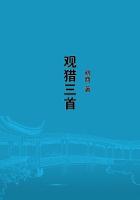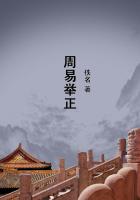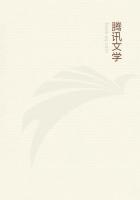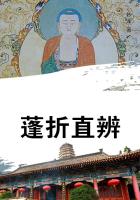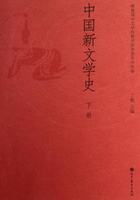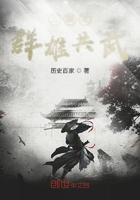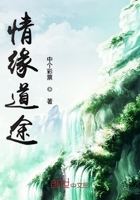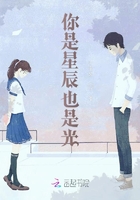Let the elder who cannot understand its charm beware how he tries to put a more intelligible form of delight in the place of it; for, if not, he will find that children also have a manner of substitution, and that they will put half-hearted laughter in the place of their natural impetuous clamours. It is certain that very young children like to play upon their own imaginations, and enjoy their own short game.
There is something so purely childlike in the delays of a child that any exercise asking for the swift apprehension of later life, for the flashes of understanding and action, from the mind and members of childhood, is no pleasure to see. The piano, for instance, as experts understand it, and even as the moderately-trained may play it, claims all the immediate action, the instantaneousness, most unnatural to childhood. There may possibly be feats of skill to which young children could be trained without this specific violence directed upon the thing characteristic of their age--their unreadiness--but virtuosity at the piano cannot be one of them. It is no delight, indeed, to see the shyness of children, or anything that is theirs, conquered and beaten; but their poor little slowness is so distinctively their own, and must needs be physiologically so proper to their years, so much a natural condition of the age of their brain, that of all childishnesses it is the one that the world should have the patience to attend upon, the humanity to foster, and the intelligence to understand.
It is true that the movements of young children are quick, but a very little attention would prove how many apparent disconnexions there are between the lively motion and the first impulse; it is not the brain that is quick. If, on a voyage in space, electricity takes thus much time, and light thus much, and sound thus much, there is one little jogging traveller that would arrive after the others had forgotten their journey, and this is the perception of a child. Surely our own memories might serve to remind us how in our childhood we inevitably missed the principal point in any procession or pageant intended by our elders to furnish us with a historical remembrance for the future. It was not our mere vagueness of understanding, it was the unwieldiness of our senses, of our reply to the suddenness of the grown up. We lived through the important moments of the passing of an Emperor at a different rate from theirs; we stared long in the wake of his Majesty, and of anything else of interest; every flash of movement, that got telegraphic answers from our parents' eyes, left us stragglers. We fell out of all ranks. Among the sights proposed for our instruction, that which befitted us best was an eclipse of the moon, done at leisure.
In good time we found the moon in the sky, in good time the eclipse set in and made reasonable progress; we kept up with everything.
It is too often required of children that they should adjust themselves to the world, practised and alert. But it would be more to the purpose that the world should adjust itself to children in all its dealings with them. Those who run and keep together have to run at the pace of the tardiest. But we are apt to command instant obedience, stripped of the little pauses that a child, while very young, cannot act without. It is not a child of ten or twelve that needs them so; it is the young creature who has but lately ceased to be a baby, slow to be startled.
We have but to consider all that it implies of the loitering of senses and of an unprepared consciousness--this capacity for receiving a great shock from a noise and this perception of the shock after two or three appreciable moments--if we would know anything of the moments of a babyEven as we must learn that our time, when it is long, is too long for children, so must we learn that our time, when it is short, is too short for them. When it is exceedingly short they cannot, without an unnatural effort, have any perception of it. When children do not see the jokes of the elderly, and disappoint expectation in other ways, only less intimate, the reason is almost always there. The child cannot turn in mid-career; he goes fast, but the impetus took place moments ago.

